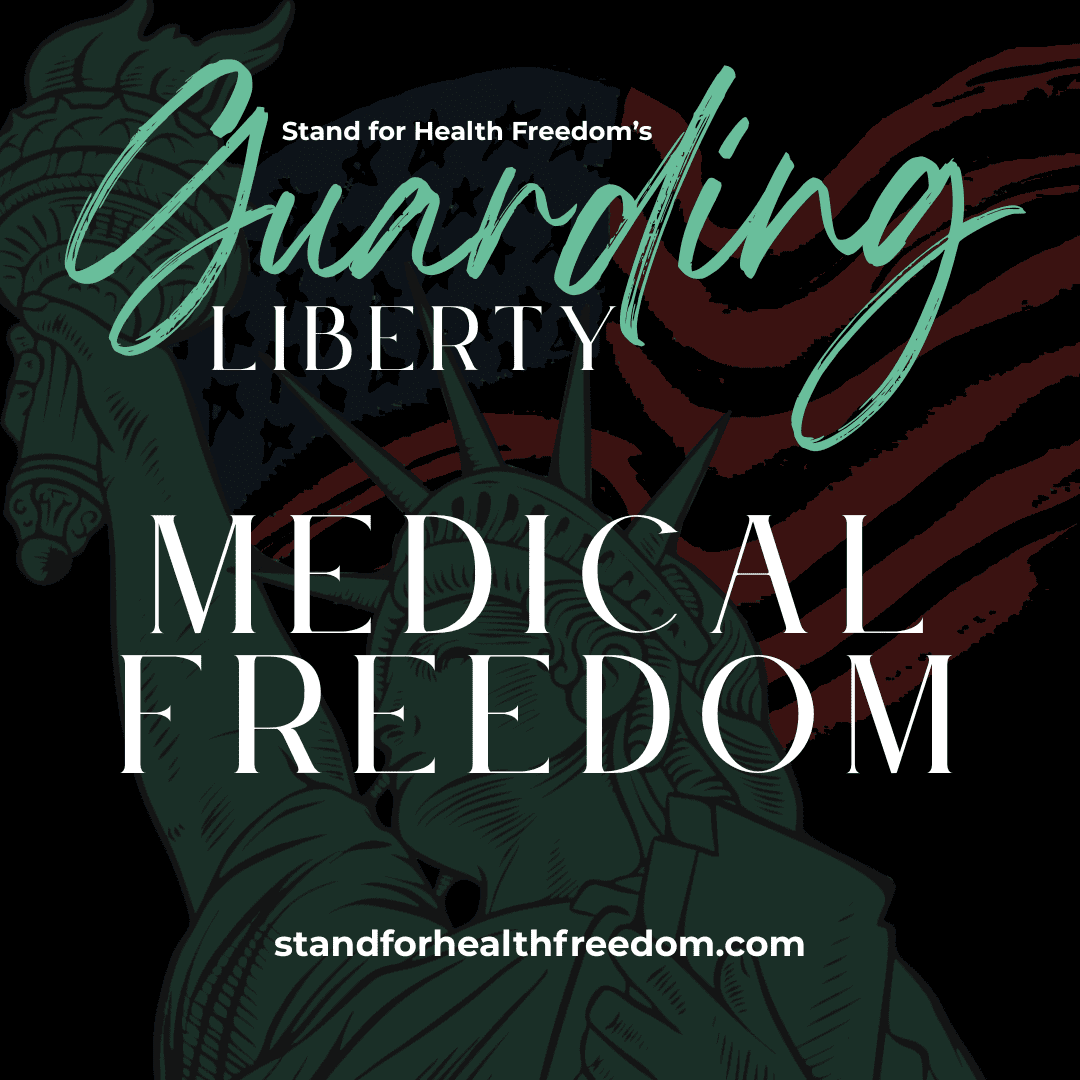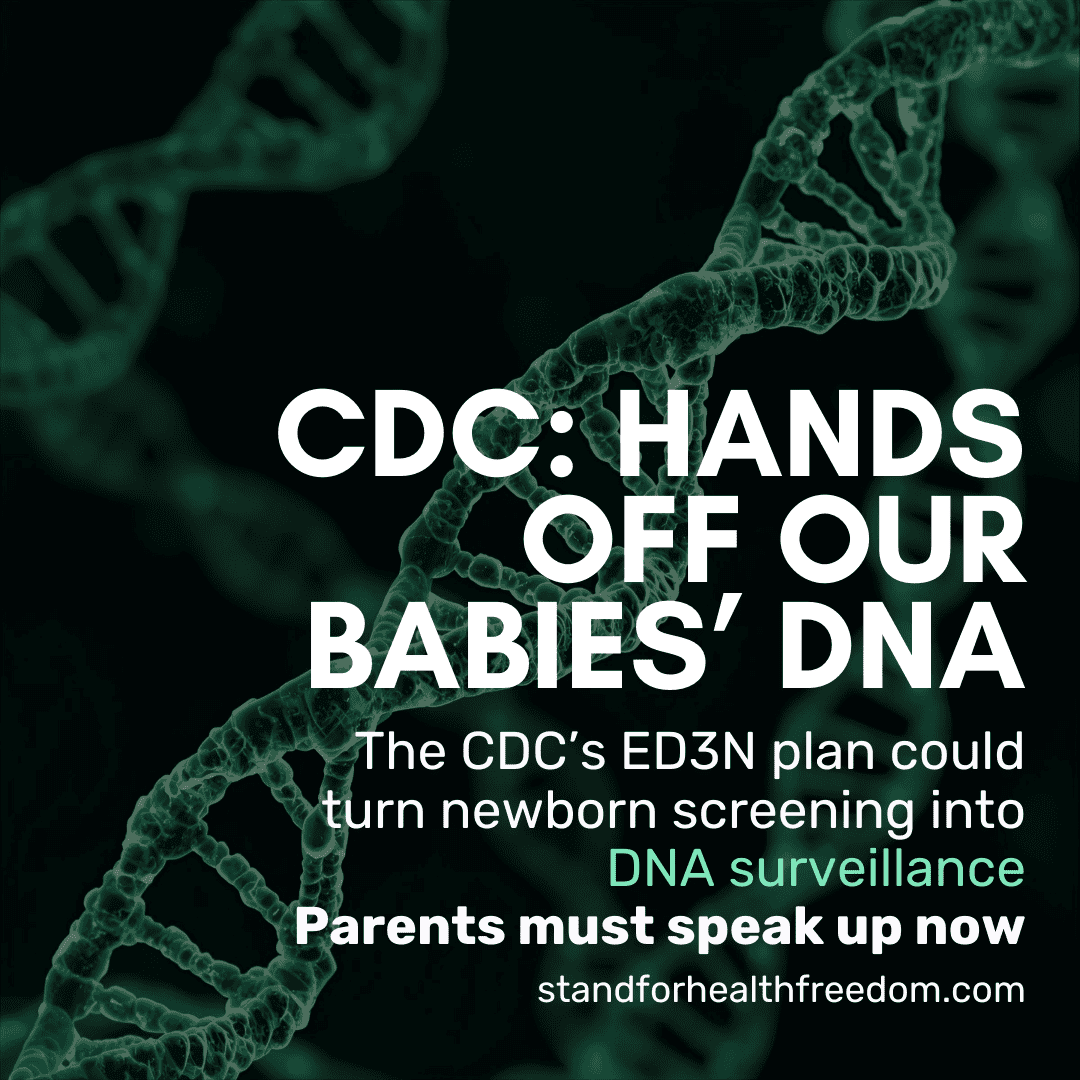As the new school year approaches, we want to make sure you’re prepared to address the next threat to health freedom taking place in schools throughout the nation. As reported in our Battles ahead email, School-based Health Centers (SBHCs) are expanding across the country, thanks to recent federal action, including the June 2022 passage of the Bipartisan Safer Communities Act in Congress and quickly followed by millions of dollars in grants awarded to states by the Department of Health and Human Services (HHS) for expansion of SBHCs.
Don’t let the name fool you (or your lawmakers). They sound old hat, but School-based Health Centers are not your typical school-nurse model of care where minor illnesses and injuries are treated. SBHCs are intended by the Biden-Harris administration to be the “medical home” for your child, including primary health care services, reproductive counseling, dental care, and mental health counseling, replacing what the child would typically receive from providers outside of the school. Even worse, the Department of Education (DOE) has proposed changing the process for students with Individualized Education Plans (IEPs), removing the requirement for schools to receive parental consent before submitting Medicaid claims for reimbursement on behalf of their children. Their stated purpose for doing so is to streamline their process for reimbursement, overcoming a perceived administrative burden, while prioritizing Medicaid as the primary school funding source for providing legally required services to students with disabilities. When schools make Medicaid claims on behalf of the child, care and services parents seek outside of school risk being denied, preventing the child from getting the care he or she needs.
Since SBHCs lack proper regulation, there’s no set standard for who employs the providers, which services are offered, whether the services are provided to only students or also the community at-large, or how parental presence and parental consent are handled. Most schools are only asking parents to sign a single form at the start of the school year for their child to be seen in the SBHC anytime (and for any reason) throughout the school year. Other schools in states with minor consent laws are not only bypassing parental consent, but also intentionally withholding information in the name of “the student’s privacy.” There are also questions about which laws (if any) govern this health data since FERPA regulates student data, HIPAA regulates health data, and loopholes exist for both.
Some proponents of SBHCs argue that these in-school clinics promote better access to health care for children and relieve busy parents of the burden of taking their children to the doctor. But medical ethics do not allow physicians to treat minors without a parent or guardian present, which is why parents cannot simply drop their child off at the doctor’s office and come back later to collect them. As previously stated, neither the federal government nor any state provides guardrails for parental consent, parental presence during the time of treatment, or student health data privacy within the SBHC.
What’s worse, we’re seeing a wave of states across the country filing bills to lower the age of consent to medical care from age 18 to as low as age 11. This means schools do not have to get parental consent to treat the child and, even worse, parental objection to treatment is meaningless. When you combine the push for health care expansion within schools (a place where children are away from their parents) with the push for minor consent laws (nullifying the need for parents), the anti-parent agenda becomes clear.
One example of this playing out in real time can be seen in California. In 2011, California passed a minor consent law allowing children to consent to their own medical care beginning at age 12. In July 2022, Harvard’s Center for Policy Law and Innovation and University of California, Davis jointly published their research showing that School-based Health Centers are even more effective at increasing HPV vaccination rates than state mandates. Pairing SBHCs with minor consent laws almost entirely eliminates the biggest obstacle to HPV vaccines: parental objection.
What can parents do?
As always, at Stand for Health Freedom we don’t just talk about the problems; we bring you solutions. We don’t have to sit idly by as predatory policy is passed around us, leaving our children vulnerable. As Andy Zay (Indiana state Senator, Congressional candidate, and author of the nation’s first parent-friendly SBHC bill) said in his testimony, “Parents are not the problem, parents are the solution.”
Easy steps you can take to protect your child, grandchild, or loved one below.
[/et_pb_text]

Steps you can take
Step One:ACT NOW: Stop the anti-parent agenda in School-based Health Centers. Tell your legislators that School-based Health Centers (SBHCs) must establish guardrails to protect children and parents.
Step Two: Share your story of school health overreach! When lawmakers have real-world examples, they take action.
Step Three: Learn more about the federal agenda that seeks to rapidly expand the use of School-based Health Centers – access to your children without your knowledge – throughout America by checking out our “School-based health centers” resource page, here.



